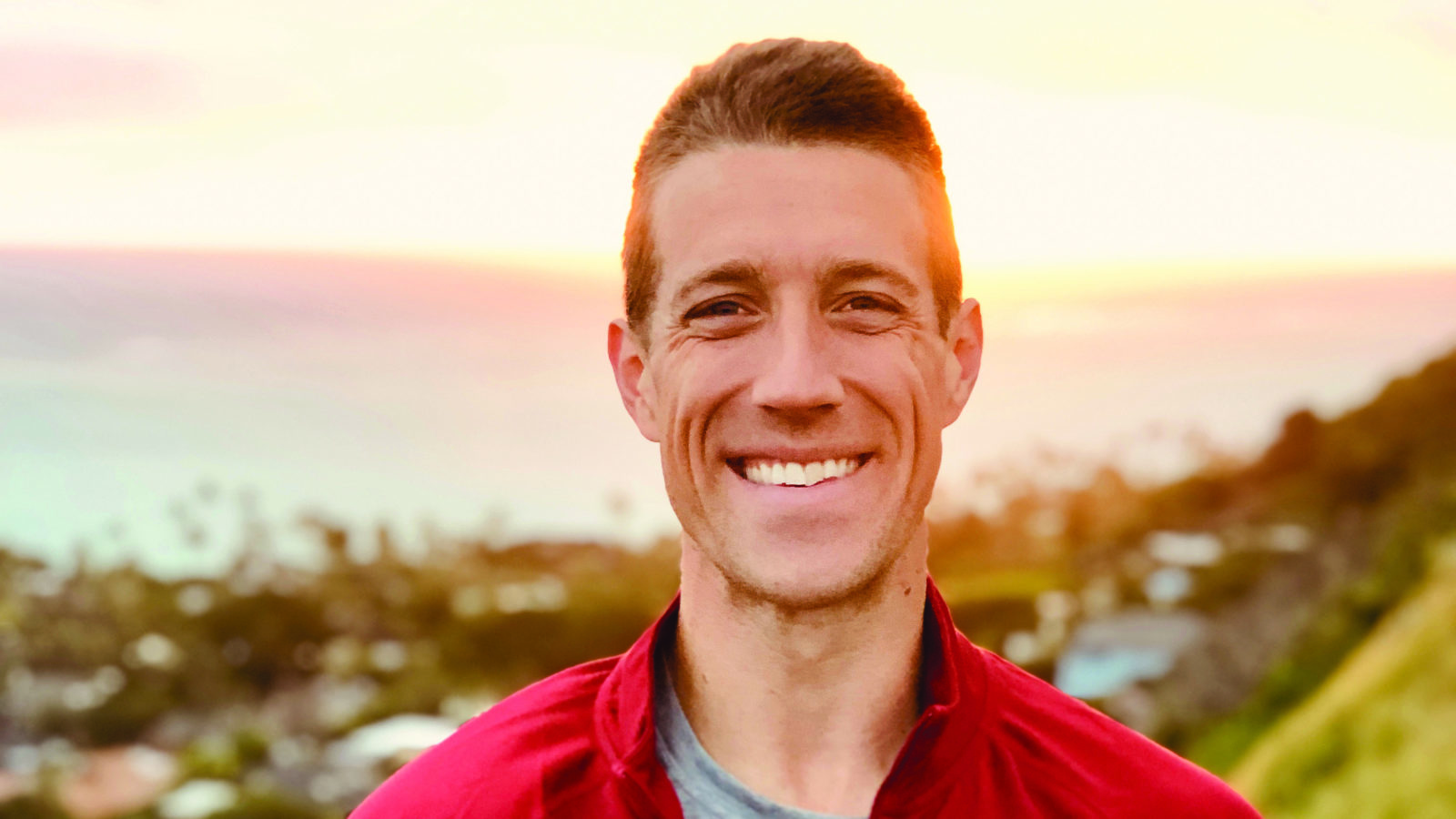Alex Teece ’04
Chief Education Officer and Co-founder
DreamHouse ’Ewa Beach Charter School
’Ewa Beach, HI
“We talk about advocacy and empowerment and developing leaders—we need to give our kids opportunities to lead. We need to give our kids opportunities to advocate.”
Alex Teece was a newly minted seventh-grade English teacher, working for Teach for America in the economically disadvantaged ’Ewa Beach community on the island of O’ahu, when he received a phone call. It was the last day of school and Teece was eager to leave for Beijing for the summer, but on the line was a social worker calling from the Big Island on behalf of an 11-year-old former student, a hard-luck kid Teece had kept in touch with after he left the school. “He’s calling,” said the social worker from the home for troubled youth, “because yours is the only number he has.”
That moment, something shifted in Teece. “I realized that I could—and had to—play a bigger role in the lives of my kids, here in ’Ewa Beach and here in Hawaii. Not only did I have an effect on them, but they had a very deep effect on me.”
Teece would leave Hawaii to further his own education (he has an M.Ed, an M.B.A., and most recently, a master’s from the School Leadership Program at the Harvard Graduate School of Education) but did indeed return to take on that bigger role, as co-founder of the DreamHouse ’Ewa Beach charter school. This August, after more than six years of planning with a team of Teach for America alumni, DreamHouse ’Ewa Beach will welcome its first class of 100 sixth graders. Initially housed in a shopping plaza, the school will move into a renovated building near ’Ewa Beach by the summer of 2020, having raised close to $900,000 through state and federal grants and philanthropy. Plans call for the school to eventually serve 700 students in grades 6 through 12 with a mission, as Teece puts it, “to empower the future leaders of Hawaii.”
“Kids growing up in these islands, and especially in low-income communities and disadvantaged circumstances, have exceptional potential,” he explains. “We believe our school is going to unlock and unleash that potential.”
Teece’s high expectations for how education can change lives reflects his own six-year experience at Williston and elsewhere. “I always had advisors and teachers that had high expectations for what I was capable of,” he says. “Why as a society do we drop expectations for kids who grow up in low-income communities? If we give economically disadvantaged kids a collared shirt, an iPad, a clean air-conditioned room, and set high expectations—and provide the resources, coaching, and support they deserve—there’s no way they are not going to do well, because it works everywhere else.”
Teece recalls how, at Williston, it was expected that students would explore new interests and discover more about themselves in the process. “It wasn’t strange to be in the choir and then go play lacrosse. It wasn’t strange to be a lead in the play and then wrestle. That was just what people did. And that really speaks to the ethos of Williston as a place that not only develops and encourages kids, but then gets out of the way so that kids can grow into themselves.”
He hopes to bring a similar dynamic to DreamHouse ’Ewa Beach. “It’s about us creating an environment and then getting out of the way. We talk about advocacy and empowerment and developing leaders—we need to give our kids opportunities to lead. We need to give our kids opportunities to advocate, and that’s traditionally not what you see in a district public school across our country. Our kids are incredibly literate using digital media and connecting with each other online, and we need to tap into those literacies in order to support and grow who they are and who they will be.”

